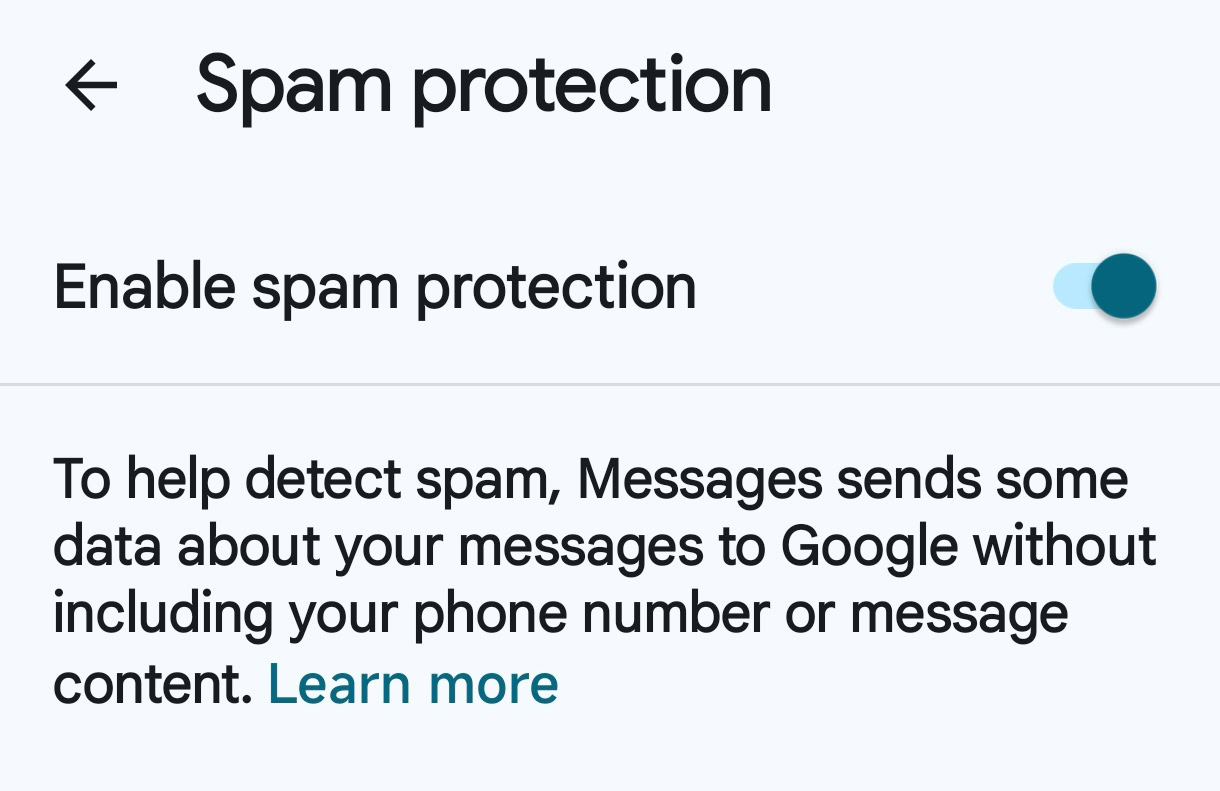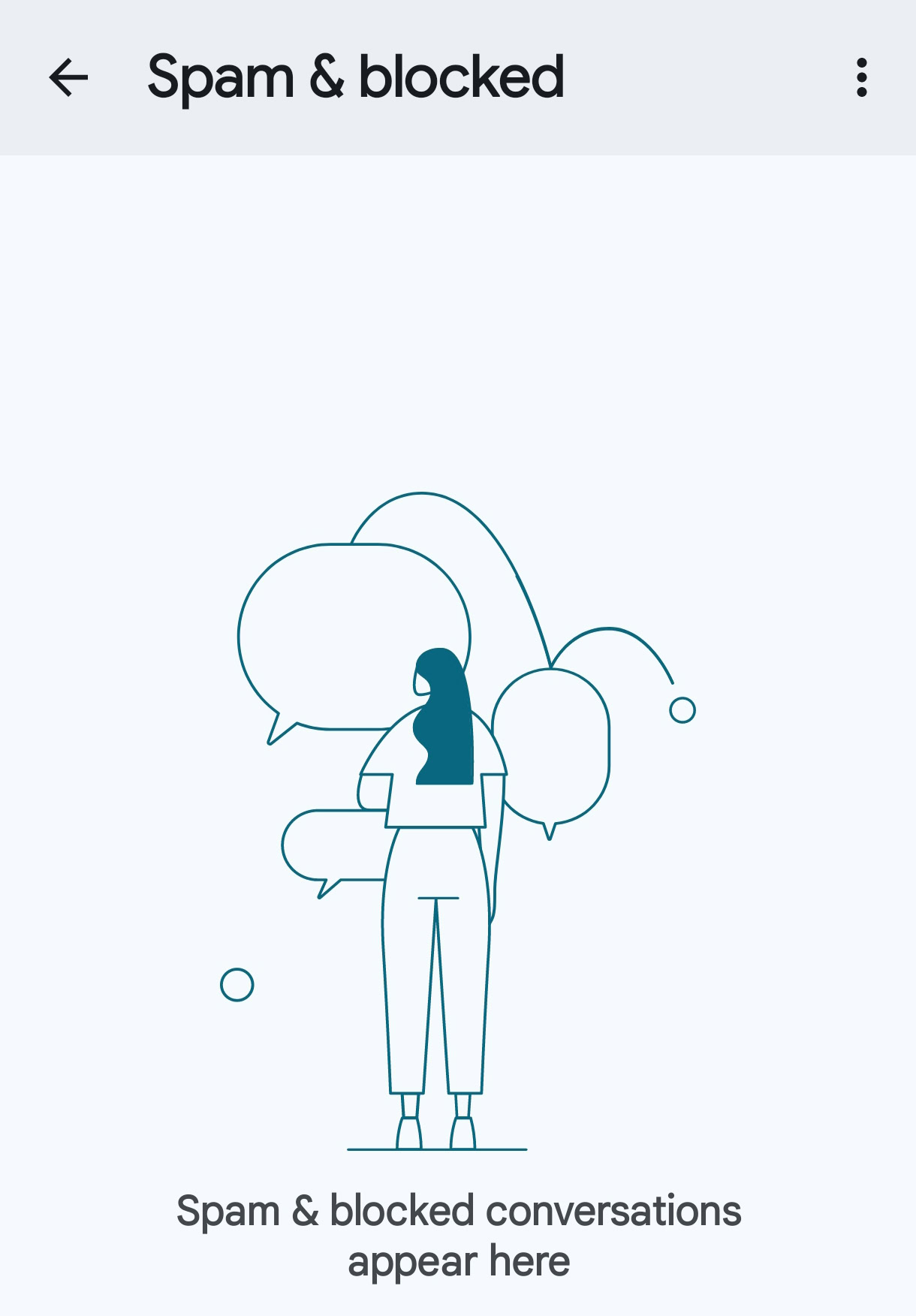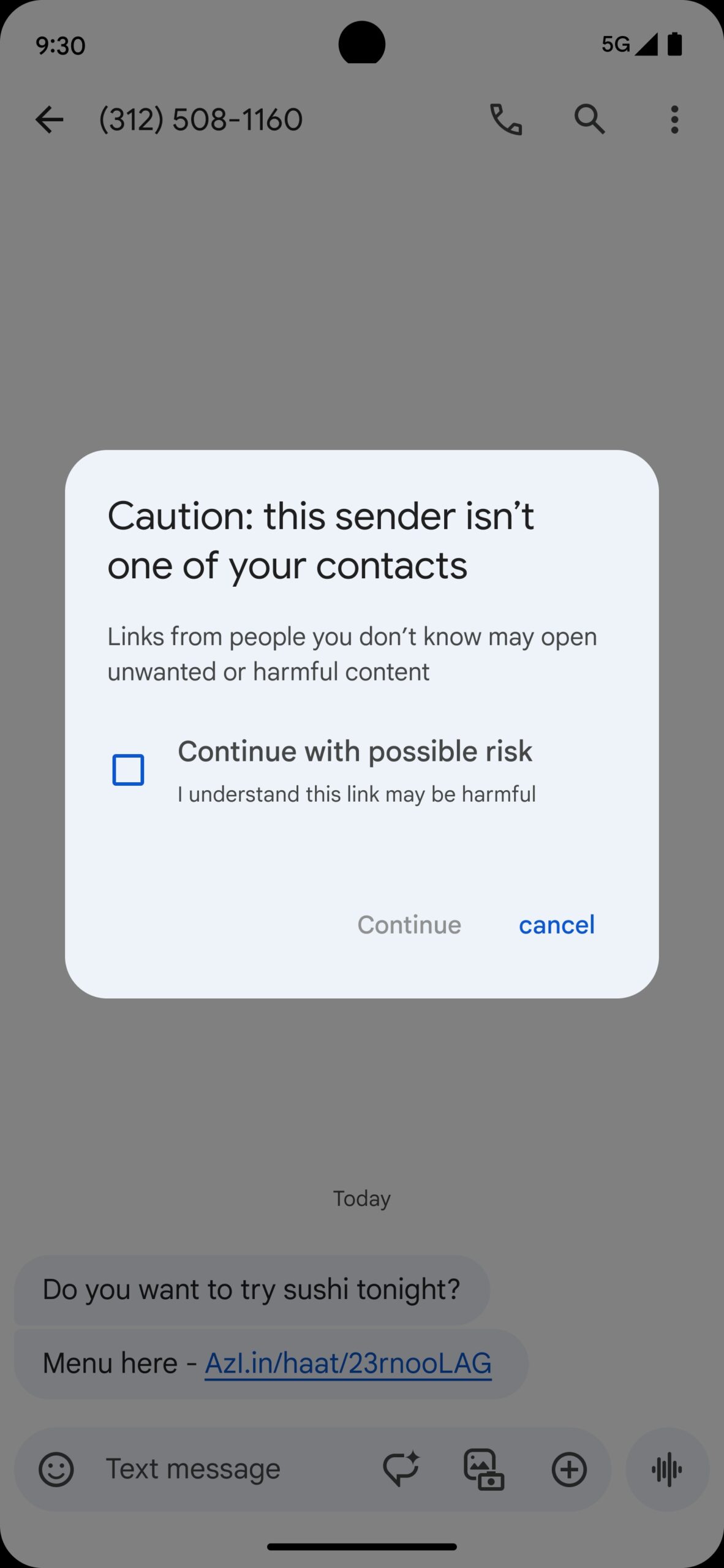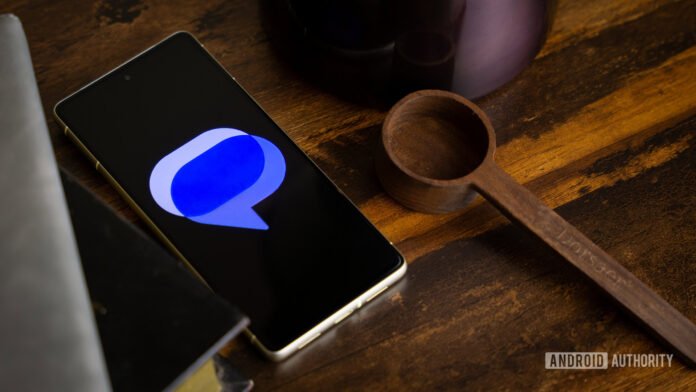Edgar Cervantes / Android Authority
TL; DR
- Google Messages is getting five new security features as part of cybersecurity awareness month.
- These new features include improved package delivery and scam detection, intelligent alerts about potentially dangerous links, and more.
- Some of these features are rolling out to all users now, while others will only be rolled out in select countries or in the coming months.
Google Messages is one of the most popular messaging apps on Android because not only does it come pre-installed as a default option on most devices, but it is also the only app that supports RCS messaging with iPhone users. Because it is so popular, it is a prime target for hackers, scammers, and spammers looking to steal your personal information, your money, or both. To better protect you from these threats, Google is announcing five new security features that will protect you while using Google Messages on Android. These new features complement the app’s existing built-in spam protection feature to protect you from new threats that have recently increased in popularity.
First, Google Messages is being rolled out improved detection of package delivery and job fraud. Text messages about package delivery alerts and job search questions may seem harmless at first, but they are often from spammers trying to get your personal information so they can scam you. Starting today, an improved on-device scam detection algorithm that detects these types of text messages is rolling out to Google Messages beta users who have enabled spam protection in their settings. When the app detects a possible scam text, it will automatically move it to your spam folder or warn you about it.

Mishaal Rahman / Android Authority
Spam protection in Google Messages settings.
Next, Google will offer Messages intelligent warnings about potentially dangerous links. The app alerts you when you receive a link from an unknown sender and blocks messages containing links from suspicious senders. As part of a pilot program, Google has already made this feature available to users in India, Thailand, Malaysia and Singapore, but the company says it is working to expand this feature globally later this year.
To protect you from scam texts coming from international numbers, Google Messages allows you to do this automatically hide messages from international senders not in your contact list. If you enable this feature, these messages will automatically be moved to the “Spam & Blocked” folder. We previously saw evidence of this feature during an APK teardown last month, so it’s good to see we didn’t have to wait long for Google to announce it. However, the feature won’t be rolled out until later this year as part of a pilot program in Singapore, after which Google “will look to expand [it] to more countries.”

Mishaal Rahman / Android Authority
Spam and blocked folder in Google Messages
Sensitive content warnings is another new Google Messages feature that Google is announcing today. It’s a feature that gives you more control over seeing and sending images that may contain nudity. Sensitive content warning blurs images that may contain nudity before viewing them, then prompts you to see a “speed bump” with “resources and options for finding tools, including viewing the content.” When enabled, if you try to send or forward an image that may contain nudity, Google Messages will also show a “speed bump” reminding you of the risks of sending nude images.
Google says Sensitive Content Alert runs entirely on the device and does not break end-to-end encryption in RCS chats. It is optional for adults, but can be opted out for users under 18 through Android settings. It will be rolled out to devices running Android 9 or higher in the near future, including devices running Android Go Edition with 2GB RAM or more. months.
Finally, Google announced a new one contact verification function That makes it more difficult for attackers to pretend to be one of your contacts. This feature allows you to verify your contacts’ public keys so you can confirm you’re communicating with the right person. The company says it is creating a “unified system for verifying public keys across apps,” which you can verify by scanning QR codes or comparing numbers. This feature will launch next year for devices running Android 9 or later with support for messaging apps like Google Messages.
Google’s new contact verification feature is similar to the Contact Key Verification feature that Apple added in iOS 17.2. It’s also similar to the Contact Keys feature we saw a few months ago in the Google Contacts teardown, but during our teardown we thought it would require new APIs introduced in Android 15. If Google could find a way to backport this feature, that would be great news!

Although Google announced these features today as part of Cybersecurity Awareness Month, most of them are currently unavailable. While the enhanced package delivery and job fraud detection feature is rolling out now, the rest of the new features are only rolling out in select countries or will arrive in the coming months.
Hopefully Google will roll out these new features to everyone soon, because according to the company itself, more than a billion people use Google Messages to communicate every day. Google says its “powerful AI-powered filters and advanced security” already protect users from 2 billion suspicious messages per month, but fighting spam is a never-ending game of cat-and-mouse that requires constant vigilance. If that weren’t the case, none of the features Google announced today would be necessary, but they are necessary and it’s only likely that additional protections will need to be added in the future to counter new, emerging threats offer.





